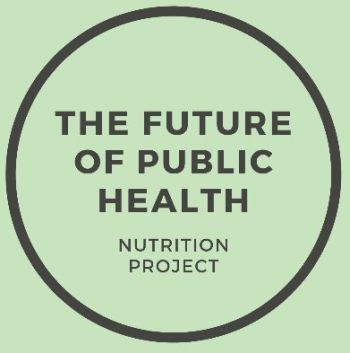Is England's public health nutrition system in crisis? A qualitative analysis of the capacity to feed all in need during the COVID-19 pandemic
Abstract
Methodology: An exploratory methodology was adopted to examine experiences relating to capability and capacity among formal and informal helpers within the PHN domain. An online survey, mainly open-ended questions, was used to capture experiences over the period 2010 - 2020. A mixed sampling strategy, including snowball and convenience sampling, via social media and social network contact-sharing approaches, was adopted. Data was analysed using an inductive thematic approach.
Results: A total of 89 participants representing the PHN system in England were recruited over two months. Three main themes and eight sub-themes were identified. The first reflected unequivocal accounts of the impact of austerity and the inability of PHN services to meet demand for food security. The second articulated capacity and capability issues within the system, with geographical variations in service delivery, and a lack of connectivity between central, local government, and third sector providers. These were attributed to widening nutrition and health inequalities. Participants felt that the government needed to invest more technical and financial resources to support public health nutrition. They also felt that schools could play a larger role at local level, but there was a need for a clear national recovery plan, setting out a comprehensive and fully supported national strategy to eradicate food insecurity in England
Conclusions: Further in-depth research is needed to continue to track the impact of recovery strategies on food insecure people and the capacity of the PHN system. Urgent investment in the capacity and coordination of PHN services is needed to support food insecure people in England. The UK could include the ratification of the right to food in national laws, in line with global commitments already agreed to by the UK State Party.

Authors retain all copyrights. In making a submission to World Nutrition, they are certifying that all material is theirs except quotations, as indicated, and that they have obtained permission for any photos, tables, or graphics taken from other publications or websites.




